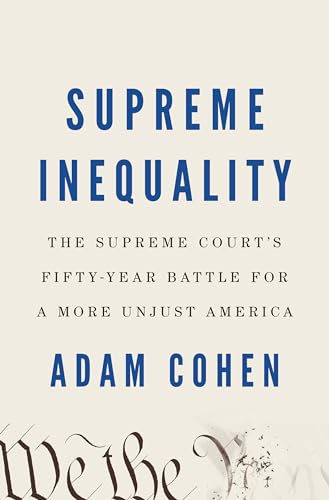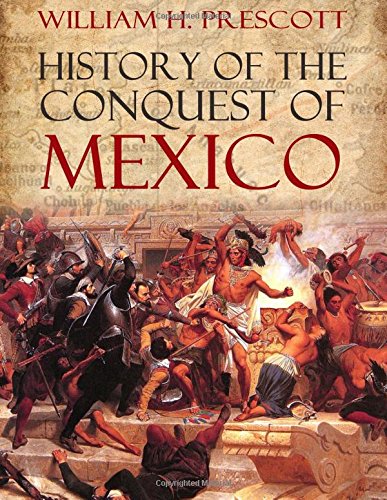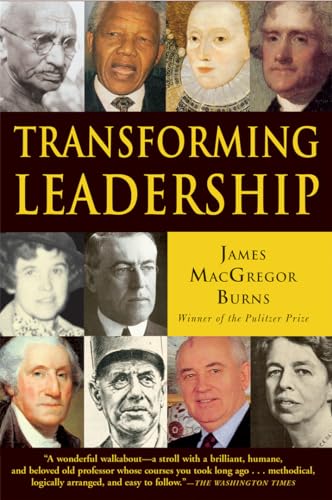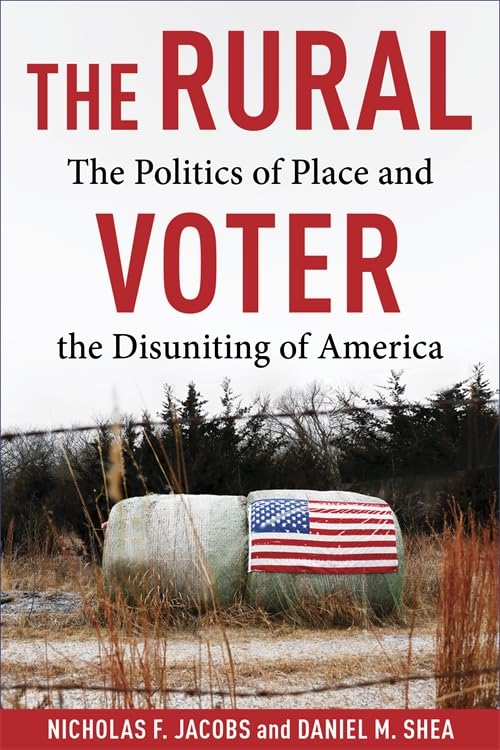
Author: Cohen, Adam
Price: $24.99
Category:American History
Publication Date:2020-02-25T00:00:01Z
Pages:448
Binding:Hardcover
ISBN:10:0735221502
ISBN:13:9780735221505
From New York Times bestselling author Adam Cohen, a revelatory examination of the conservative direction of the Supreme Court over the last fifty years since the Nixon administration In the early 1960s, the Supreme Court led by Chief Justice Earl Warren was at the height of its power, expanding civil rights for the poor and minorities and promoting equality. Its rulings integrated schools across the South, established the Miranda warning for suspects in police custody, and recognized the principle of one person, one vote. But when Warren retired in 1969, newly elected President Richard Nixon, who had been working tirelessly behind the scenes to put a stop to what he perceived as the Court’s liberal agenda, had his new administration launch a total assault on the Warren Court’s egalitarian victories, moving to dismantle its legacy and replace liberal justices with ones more loyal to his views. During his first three years, he appointed four justices to the Supreme Court, thereby setting its course for the next fifty years. In Supreme Inequality, Adam Cohen surveys the most significant Supreme Court rulings since Nixon and exposes how rarely the Court has veered away from its agenda of promoting inequality. Contrary to what Americans might like to believe, the Court does little to protect the rights of the poor and disadvantaged, and, in fact, it has not been on their side for decades. Many of the greatest successes of the Warren Court, such as school desegregation, voting rights, and protecting workers, have been abandoned in favor of rulings that protect corporations and privileged Americans, who tend to be white, wealthy, and powerful. As the nation comes to grips with two new Trump-appointed justices, Cohen proves beyond doubt that the modern Court has been one of the leading forces behind the nation’s soaring level of economic inequality, and that an institution revered as a source of fairness has been systematically making America less fair. A triumph of American legal, political, and social history, Supreme Inequality holds to account the highest court in the land, and shows how much damage it has done to America’s ideals of equality, democracy, and justice for all.






